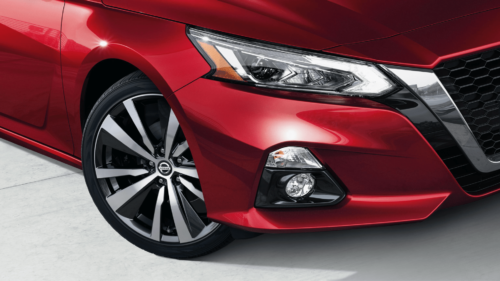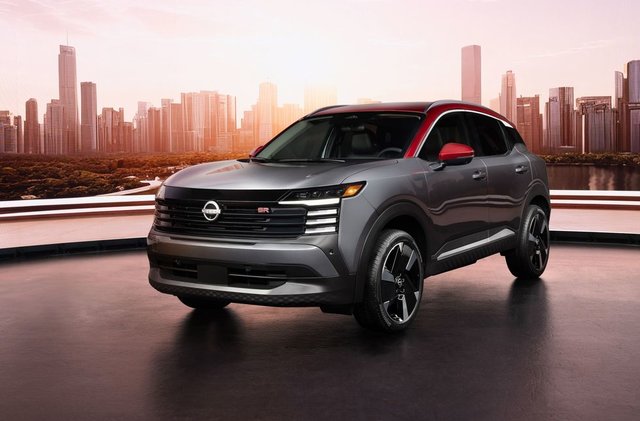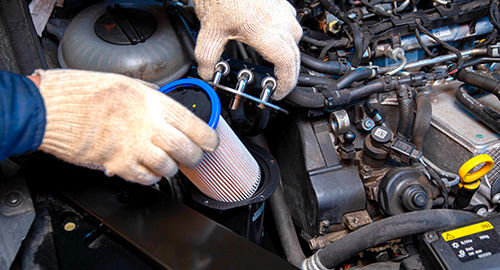FWD, RWD, AWD and 4WD. If you did not know any better, you’d maybe think these acronyms are some sort of new texting-lingo or a new technical abbreviations. We are here to reassure you that it is nothing complicated and break each down,
FWD (Front-Wheel Drive): As the name suggests, front-wheel drive vehicles move using just the front wheels, pulling the car forward. The engine sends power to the front wheels only while the rear wheels turn accordingly. Since the 70s, the majority of cars on the road are now FWD.
RWD (Rear-Wheel Drive): Instinctively, one can assume that rear-wheel drive is the opposite of front-wheel-drive and be absolutely correct. Rear-wheel drivetrains provide more power to the vehicle, essentially pushing it forward rather than pulling it. Because of this, rear-wheel drivetrains tend to be more common among sports and muscle cars, as well as certain heavy-duty utility vehicles, too.
AWD (All-Wheel Drive): All-wheel-drive vehicles distribute power to all four wheels in order to move the vehicle. AWD systems typically operate without any driver involvement. They are computer-controlled systems that use sensors to automatically decide which axle and which wheels receive the most power. There are two kinds of all-wheel-drive systems: full-time and part-time. Full-time AWD continuously motivates all four wheels. Part-time AWD usually remains in front-wheel-drive (FWD) or rear-wheel drive (RWD) mode until more traction becomes necessary.
4WD (Four-Wheel-Drive): Larger vehicles like pick-up trucks and SUVs tend to have four-wheel-drive. Like AWD, 4WD also comes in full-time and part-time systems. However, unlike AWD systems that activate automatically, the driver typically must engage 4WD with the push of a button or a pull of a lever.
So Which Is Right For You?
There is no such thing as “one size fits all” when it comes to vehicles, so this ultimately comes down to driver preference and what kind of road conditions you most frequently drive on.
FWD vehicles are usually more fuel efficient and they handle better in a wider range of climatic situations. Since the engine is situated above the active wheels, front-wheel-drive cars are known to perform well in the snow, thanks to this additional weight that aids in the vehicle’s overall traction. Opting for a FWD vehicle instead of an AWD version will more than likely save you significant money, too, as AWD vehicles tend to be more costly than FWDs.
On the other hand, for navigating on unpaved ground, all-wheel-drive is preferable. Driving on gravel, grass or any other soft surface causes your drive wheels to lose traction. All-wheel-drive systems are designed to increase the vehicle’s grip on every type of terrain. In ice and snow, all-wheel-drive can be ideal since it activates all four wheels to get you rolling. An all-wheel-drive car with traction and stability controls can safely manage most snow and ice conditions.




